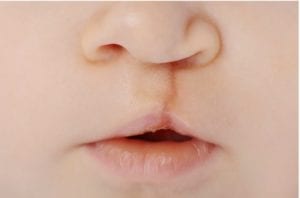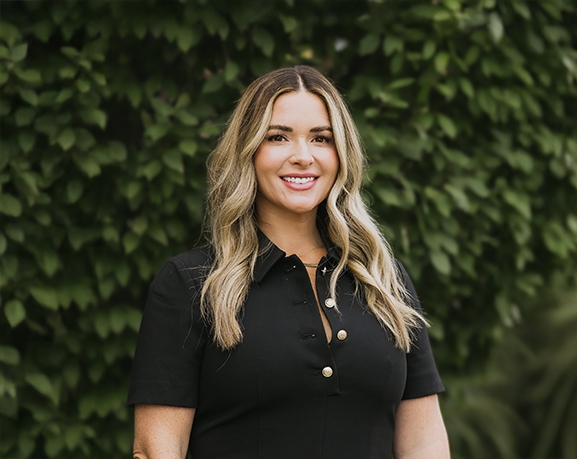 Cleft lips and palates can be surprising and scary things for new parents to deal with, but you can put yourself at ease with some facts about this common occurrence. Cleft lips can occur during the first trimester of pregnancy, when different parts of the face grow separately and then come together as the infant’s body forms. In the case of cleft lips and palates, the upper lip or roof of the mouth doesn’t connect, leaving a gap.
Cleft lips and palates can be surprising and scary things for new parents to deal with, but you can put yourself at ease with some facts about this common occurrence. Cleft lips can occur during the first trimester of pregnancy, when different parts of the face grow separately and then come together as the infant’s body forms. In the case of cleft lips and palates, the upper lip or roof of the mouth doesn’t connect, leaving a gap.
Here are 5 facts to know about cleft lips and palates:
-
The Cause Is Unknown
Doctors are still unsure about the cause of cleft palates. In some cases, a cleft lip or palate is a symptom of a further syndrome. However, in most cases it is likely to do with the baby’s genetic makeup. Expecting mothers have control over very few factors that could have contributed to their baby having a cleft lip or palate. The most important thing to remember is that this is not the parents’ fault and that a baby is more than just their cleft lip.
-
This Is a Common Occurrence
About 2,000 babies a year are born with a cleft palate and 4,000 are born with a cleft lip (with or without a cleft palate as well). This means that about one in 700 newborns have this condition. It is the most common birth defect and parents should not be ashamed. Most babies born with a cleft lip or palate have no other birth defects.
-
Correction Is Possible
Most babies born with a cleft lip or palate receive corrective surgery in the first couple months of life. Depending on the health of the baby and the doctor’s recommendation, by the time the baby is six months old their cleft should be corrected. This surgery will improve the child’s hearing, speech, and breathing.
-
The Cost Won’t Break the Bank
Insurance plans will cover part or all of the cost to repair a cleft lip or palate. The government also runs several waiver programs through Medicare and Medicaid to help parents pay for the procedure. Other payment options to help low-income parents include a variety of charities and crowdfunding options.
-
There Is an Abundance of Support Available
Because cleft lips and palates are so common, there are many organizations set up to help new parents with information and support. The concern new parents have for their newborn is understandable and normal, but organizations like the American Cleft Palate-Craniofacial Association, the Cleft Palate Foundation, and the Cleft Lip & Palate Foundation of Smiles are all here to help.
The information and content on our website should not be used as a substitute for medical treatment or advice from your doctor.








